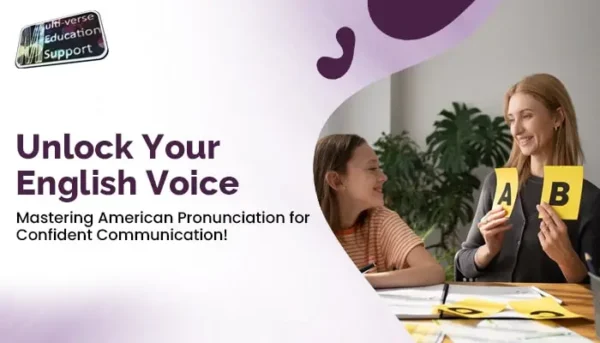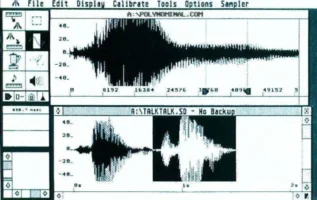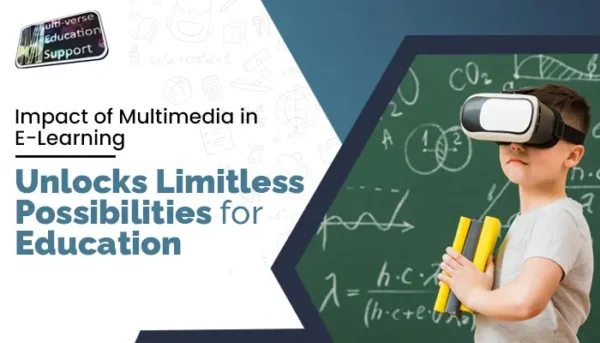Blog: Access to Accent Assets
- April 7, 2023
- Posted by: multied
- Category: Communication Skills Computer Skills Customer Service Database digital games E-Learning Economics Education English Geography international relations Language Instruction Language Learning Linguistics Marketing Music news and updates Office Productivity Online Lessons Travel/Tourism



The predisposition in formal discourse and negotiation often favors the written word and elaborate textual contracts over verbal, spoken messages.
Certainly, the legal basis in precedence requires English texts to be used for adjudication and archival practice. The priority of the written word can be observed cogently in laws around Miranda rights and in the risk of lapses in speech or gaffes becoming stigmas that sway entire worldviews.
An example was Ronald Reagan’s on-air blunder that he would outlaw Russia and begin bombardment. The undercurrents for such speech errors are manifold and vague.
Nevertheless, it remains a fact that public speakers will falter in absence of adequate, “live” rehearsals and appraisals of their speaking skills within supportive structures.
In fact, Reagan demanded minimal feedback for his speeches because his agenda was to insist on the same line of thinking from a similar perspective using biased tropes, as individual freedom comes down to separating law and order from “the ant hive of totalitarianism.”
While, Reagan actually reflected an authentic English accent and distinctive oratory, the anxiety arises to what extent deeply accented English acoustics then may draw political implications around the right to free speech.
https://www.heritage.org/conservatism/commentary/what-made-reagan-truly-great-communicator



Credible sources confirm that English is the global language for aviation, as required by the ICAO (International Civil Aviation Organization).
While written media fulfill and serve a limited, designated purpose, there is no substitute for the spoken word when push comes to shove and when detailed expression can be crucial.
International flight routes require a crew who can mediate safety procedures, coordinates, and status updates in an intelligible English accent and voice.
For instance, a sudden disruption of flight plans due to inclement weather or mechanical failure requires a streamlined response to manifest itself around communicative, interpersonal, and technical procedures. Undoubtedly, pilots and aviation personnel can benefit from English accent, voice, and feedback training that has been proven and researched to enhance their cognitive domain and engage their sensory faculties.
When students play an active role in their learning and can discern the problems with their own sensory skills, then communicative disorders are suddenly traversed and relayed into beneficial outcomes. In fact, the English standard in aviation for pilot is Level 4 or C Level on the European scale, demanding a balanced skillset across listening, writing, and speaking.
The access to accent assets course from Multiedsupport is all about achieving such a balanced skillset, using various acoustic and multisensory strategies and tools to turn benchmarks into milestones, which then incrementally consolidate into an authentic English acoustic blueprint for demonstrable career mobility. Therefore, accredited pilot teachers recommend that pilot trainees sort out their communication prior to presiding over an aircraft. Consider just some of these quotes from pilotteacher.com:
“Simple phraseology like this can be misinterpreted by two pilots speaking English, now add in a pilot and air traffic controller of vastly different languages and you can see why using the correct aviation terms, pronunciation, and phraseology become very important, especially when operating an aircraft in a busy airport or airspace!”
“Over the last 50 years, miscommunication has been at the center of many tragic accidents resulting in hundreds, if not thousands of deaths. One of the most famous miscommunication accidents was the accident between two Boeing 747s in Tenerife in March 1977.”
“Communication is so important to aviation and everyone involved in your flight needs to fully understand your intentions, other pilots’ intentions, and instructions given by air traffic control. When everyone follows the system, the system works well to keep everyone safe. But when one pilot misunderstands an instruction all hell can break loose!”
“The main difference though is that Air Traffic Controllers MUST be able to speak English as well as their local language no matter where they are located. When a pilot initiates a call in English, the controller immediately switches to giving the advisory information in English, although with a possible accent!”



A growing awareness that narrative strategies hold a key to patients’ wellness has become a priority in healthcare and hospitals. Chronically and severely ill patients require additional therapeutic and interpersonal intervention to remain in recovery. The fact of the matter is cancer and similar treatments are complex and exhausting.
A successful cancer patient must balance prescriptions, supplements, over-the counter drugs, and routine doctor visits. Patients can suffer from fatigue and frustration if these various elements of a regimen spiral out of control. Healthcare practitioners will benefit from so-called narrative pedagogical practices that include stories of wellness that are vivid, creative, and interactive.
Optimally, the patient would have a resolute care provider who can even relate these stories in the respective native language; however, English is sometimes the only medium to abridge the divide between languages and cultures. Then, it is important that the practitioner can, indeed, leverage and mobilize complex stories in English for the patients’ recovery strategy.
Any deficits in English skills can be addressed and upgraded with lessons and courses that are promptly and remotely available and that are nevertheless interactive and dynamic to enhance the treatments.
The Access to Accent Assets course from Multiedsupport, for instance, specializes in a well-rounded, supportive course structure that enables the student practitioner to play an active role in their learning and to utilize their cognitive, multi-sensory learning predispositions.
The English outcomes are thus more immediate and discernible and proceed along a continuum of benchmarks and milestones to consolidate a portfolio of acoustic, multimedia assets. Learn more by studying the course here on the site and signing up with any payment method.
https://pubmed.ncbi.nlm.nih.gov/29194131/
https://journals.sagepub.com/doi/full/10.1177/2056997120971658
Related Blogs

























